School History Trip To Paris
A history trip to Paris takes students on a journey through the creation of the Republic with monuments and museums at every turn.
Complement your school History trip to Paris with a stay in Normandy
Extend your school trip to France with a relaxing stay at the Château du Molay in Normandy.
Owned and run by Travelbound, this 18th-century château has everything you need to relax after a long day of sightseeing.
Students can let their energy loose across 38 acres of parkland, or take part in a range of organised activities.
Our experienced château staff are there to keep an eye on things while you take time off from being party leader.
Highlights of school trips to France
Experience the lavish splendour of Versailles Palace
The site of the guillotine in Place de la Concorde
The prison at the Conciergerie
Take a scenic cruise on the Seine
Churchdown School AcademyTrusted, helpful and quick to respond to any questions/issues
Suggested itinerary
What's included in Travelbound school trips to France*
*Please note, entrance fees where applicable are not included in typical price – contact us for more details
Recommended excursions for school trips to France
Take to the River Seine for a relaxing tour of some of the main sights of Paris. Hopping on an open deck or glass-sided boat at Pont de l’Alma, you cruise past The Eiffel Tower, Grand Palais, Notre-Dame, Musée d’Orsay and the Louvre amongst many other sites. Tickets are valid for any cruise, so this excursion is very flexible for your itinerary.
An impressive monument of Classical inspiration, this celebration of Napoleonic success provided a model for decades of nationalist building projects. Since 1920, it has also contained beneath its vault the Tomb of the Unknown Soldier, commemorating those who died in World War I.
Enjoy unsurpassed views of the Eiffel Tower and the iconic Parisian skyline from the Observatory on the 56th floor of the Montparnasse Tower. Students can explore the city’s layout and beautiful architecture. In addition to the amazing panoramic views, there are educational displays, a VR Time Travel Experience, a 360° Café and a shop. Head up to the roof terrace for an even higher vantage point! A free Magnicity web app offers an immersive city experience.
Tip: Educational work material available.
The Baroque complex known as Les Invalides was built in 1670 to house disabled soldiers and part of it is still a veteran’s residence and hospital. It is also home to The Musée de l’Armée with a huge collection of artifacts from antique armour to weapons. You can take a guided or unaccompanied tour that also visits the Dome Church containing Napoleon’s tomb. Photo © Edwin 11
Originally the Abbey of St Genevieve, this was converted to a secular mausoleum during the Revolution. This tomb is dedicated to great figures of French history, from famous authors and politicians, to more obscure French rescuers of Jews from the Holocaust. Students can get a flavour of the people who have helped shape the nation’s history and identity.
The strength of Louis XIV can be seen at the world’s grandest palace, built to house his family plus thousands of noblemen, servants and hangers-on. Students can see the opulence and symbolism of the system the Revolutionaries of 1789 opposed, and visit the Hall of Mirrors, where the German Emperor was crowned and the Treaty of Versailles was signed.
The Basilica of the Sacred Heart dominates the city skyline thanks to its position on top of Montmartre, the highest point in Paris. The Basilica of Montmartre was dedicated to atone for the sins of the Paris Commune. It is a building of great beauty reflecting the hopes, fears and attitudes of fin-de-siècle France. Behind the Sacré Coeur is the Place du Tertre with its artists’ colony.
Located on the banks of the River Seine, La Conciergerie remains the oldest part of the Palais de la Cité. Students can discover the significance of this building; from being the royal residence for the first French King to becoming the first royal palace in Paris to be used as a prison during the French Revolution. See the reconstructed cell where Marie-Antoinette was held prisoner before her execution in 1793.
Thousands of people were executed at the Place de la Revolution (Place de la Concorde) including King Louis XVI and Queen Marie-Antoinette. Explore Tuileries Gardens, the former site where the Royal Family were held, before venturing to the former Bastille Fortress (Place de la Bastille) where a mob attacked and stormed the fortress. Transport is required.
The largest museum in the world, this is the home of the Mona Lisa plus works by masters from the most important and exciting movements in the world, and essential French works such as those by Jacques-Louis David. Students can also expand their contextual studies by viewing the museum’s vast collection of Islamic art and artefacts from the Middle East.
Tip: Pre-booking is compulsory
Guided tours are available of the Museum of the History of Paris and its six hundred thousand exhibits tracing the development of the city from pre-historic times to the present day. The French Revolution Rooms contain 500 exhibits following the history of this period, including the storming of the Bastille, the Declaration of the Rights of Man, and the Fête de la Fédération celebrations (14th July 1790).
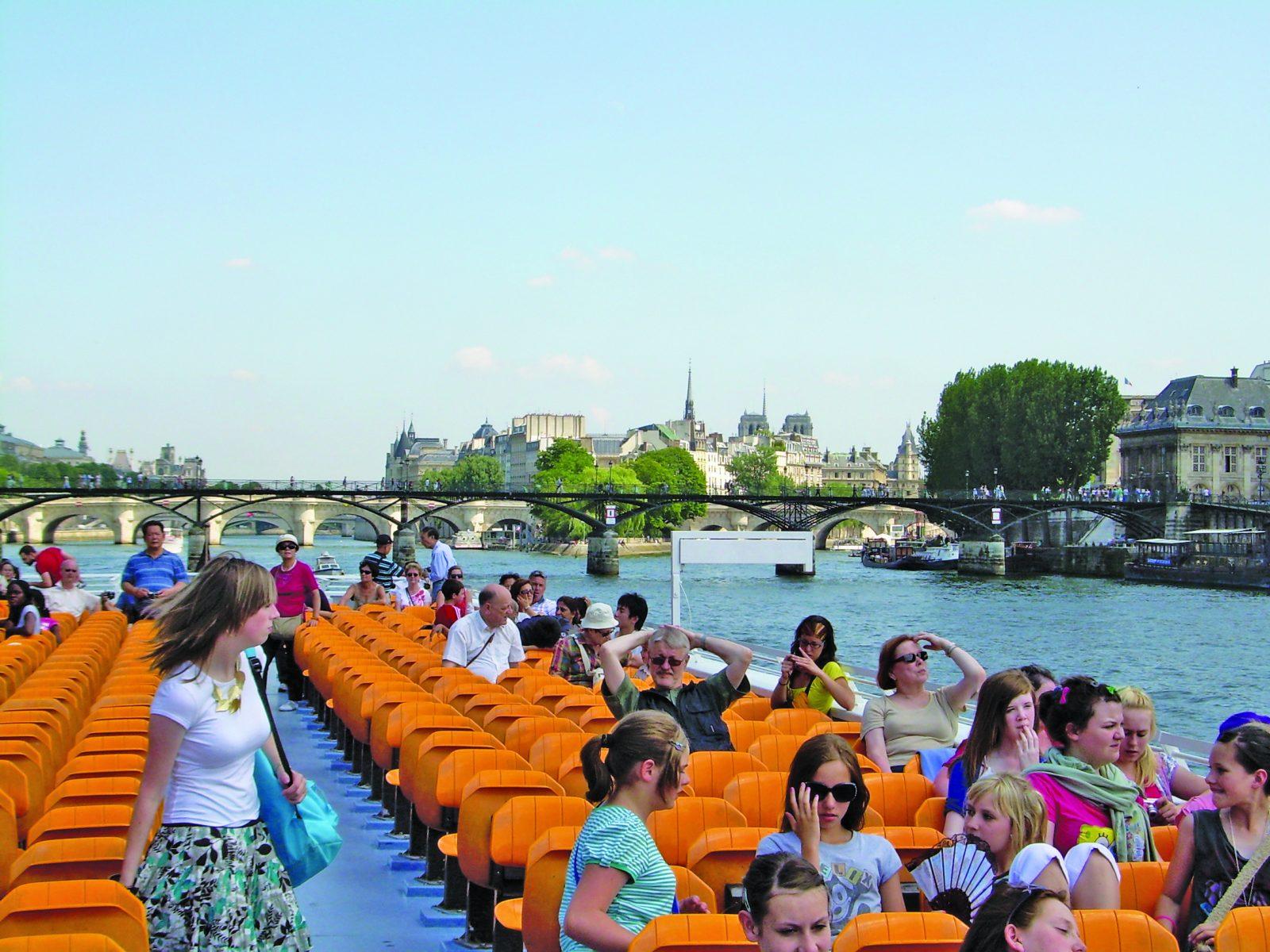
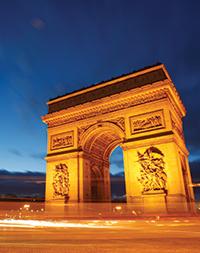
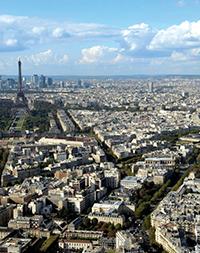




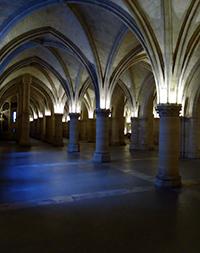
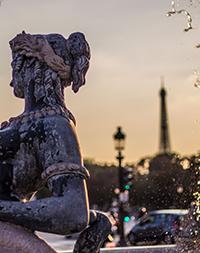


Typical accommodation for school trips to France
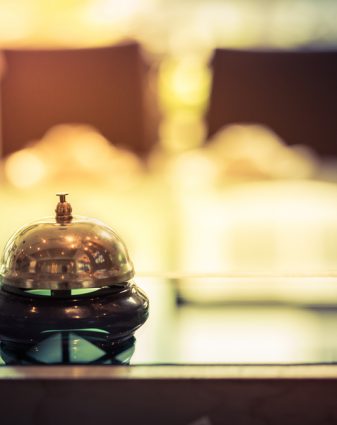
Why groups like it:
Facilities:
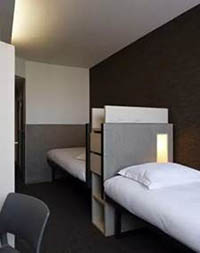
Why groups like it:
Facilities:
Learning outcomes for school trips to France
Subject focus
Students can:
- Understand the origins and development of the French Revolution
- Study the ancien regime and what lead to its downfall
- Visit the Palace of Versailles and other key sites linked to the Revolution
- Consider the system of Monarchy versus Republic
- Gain a deeper understanding of French History and Modern France
Student outcomes
Students will have had an opportunity to:
- Gain awareness of the events that lead to the French Revolution and the consequences of the shift in power
- Understand the modern-day effects of this turbulent period of history
- Understand how the French Revolution linked to other world events
- Gain a sense of the breadth of history and develop knowledge of selected periods of history
- Explore concepts of patriotism and citizenship
Related tours for school trips to France
Berlin has been at the centre of many key events in modern European History: WWII, The Cold War, the Fall of Communism and the reunification of Germany.
On a school History trip to Berlin, students can visit Berlin’s key historical sites that relate your teaching to subject-specific learning objectives such as WWII history and Cold War studies.
Your school History trip to Berlin will help your pupils develop an understanding of post-war Berlin and the context of the Cold War. They’ll get first-hand experience of the impact that the division of the city had and a deeper understanding of tensions that escalated between the East and West superpowers leading to the Cold War period.
Our excursions will touch upon historical concepts such as socialism, communism, ideology, propaganda and international conflict.
Connecting with history
With emblematic monuments such as the Berlin Wall Memorial, Checkpoint Charlie and the Tränenpalast, students can:
- analyse how heightened tensions between USSR and USA powers translated into physical boundaries
- explore how Berlin as a city encapsulates the antagonism between the communist and capitalist ideologies
- picture how this spatial division resonated within the divided German population and how this affected their lives
- give pupils perspective on concepts such as freedom of movement and fundamental liberties, and how these were challenged at the time
A personal perspective
A school History trip to Berlin will provide insights into how the German population lived during the Cold War. This will be explored interactively at the DDR Museum and Stasi Museum, with students:
- touching, holding and engaging with a range of objects and installations within the museum
- getting practical knowledge about the everyday life of the German population in the DDR and the realities of life under socialism
- understanding historical concepts such as continuity and change, similarities and differences
Take learning outside the classroom for your Key Stage 3 and 4 students and prepare them with critical analysis skills, practical case studies and real-life examples for their GCSEs.
With Travelbound, we can customise your trip to fit any learning requirements.



